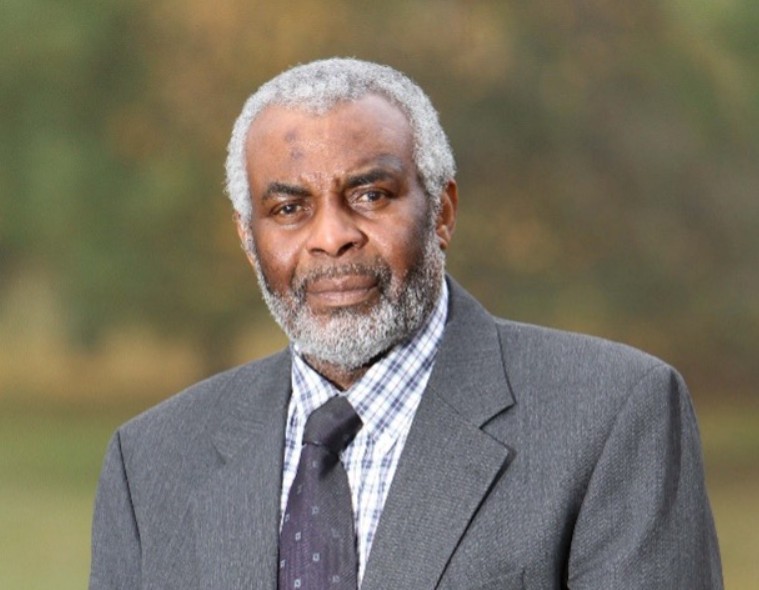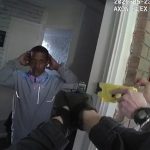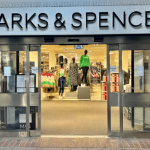Stephen Lawrence’s Father Demands Justice as Killer Seeks Parole
Stephen Lawrence’s father has called for further accountability before one of his son’s killers is considered for release.
Neville Lawrence, 83, is preparing for David Norris, 49, to face a parole board for the first time. Norris, who was convicted of his son’s murder, will argue for his freedom.
Norris entered a life judgment with a minimal term of 14 years and three months back in January 2012 over 18 times after the woeful payoff of Stephen by a racist gang while he ran for a machine in Eltham, south-east London.
The parole hearing is set to be broadcast via videotape feed from captivity to a courtroom at the Royal Courts of Justice. Norris will appear on camera, but only the reverse of his head will be visible.
Permission for the public hearing followed a media application, supported by Stephen’s parents. Mr Lawrence said: “The more people that can see the better”.
According to the hearing documents, Norris now admits he was at the scene but claims he only punched Stephen and was not responsible for the fatal stabbing.
“It’s important for me because of what these people have done,” Mr Lawrence said. “They ruined my life. They’ve caused me not to be able to live in this country.
They’ve robbed me of the chance of seeing my son getting married, of having (his) grandchildren. This man has robbed me of so much that there is no way I can even start to think that he should be allowed to walk free.”
Police believe Stephen was attacked by a gang of up to six people. Only two, Norris and Gary Dobson, have been convicted.
The convictions were secured at the Old Bailey using minute forensic traces uncovered with advanced techniques.
Other suspects included Jamie and Neil Acourt, who were later convicted of unrelated drug offences, and Luke Knight. A sixth suspect, Matthew White, died in 2021.
The College of Policing is reviewing the latest phase of the investigation into Stephen’s murder following the convictions of Dobson and Norris. Mr Lawrence has expressed frustration at the slow pace of the justice system.
He has previously stated he could forgive his son’s killers if they showed genuine remorse. Naming the remaining gang members would, he believes, demonstrate that remorse and a change of heart.
“If I were on that parole board, he would have to do that before I even think of him coming out,” Mr Lawrence said.
“He could name the rest of the people who were with him. He could name the person who actually stabbed Stephen and make a public apology to my family for killing my son.”
“I don’t think he’ll make a public apology to us,” he added. “I may be biased but I don’t think he should be able to walk the street free – my son can’t.”
Stephen was attacked in April 1993 while on his way to catch a bus with his friend Duwayne Brooks. Witnesses recall the gang using racist slurs before the attack.
The investigation was long plagued by allegations of incompetence and corruption, particularly surrounding Norris’s father, Clifford Norris, who was involved in drug dealing.
There was also public outrage after it emerged that Metropolitan Police undercover officers had spied on campaigners supporting the Lawrence family.
A 1999 public inquiry concluded that the Metropolitan Police was institutionally racist, a landmark finding that shook the force and the nation.






